Researchers create new “superglue” with two simple ingredients: plant-based cellulose nanocrystals and water.
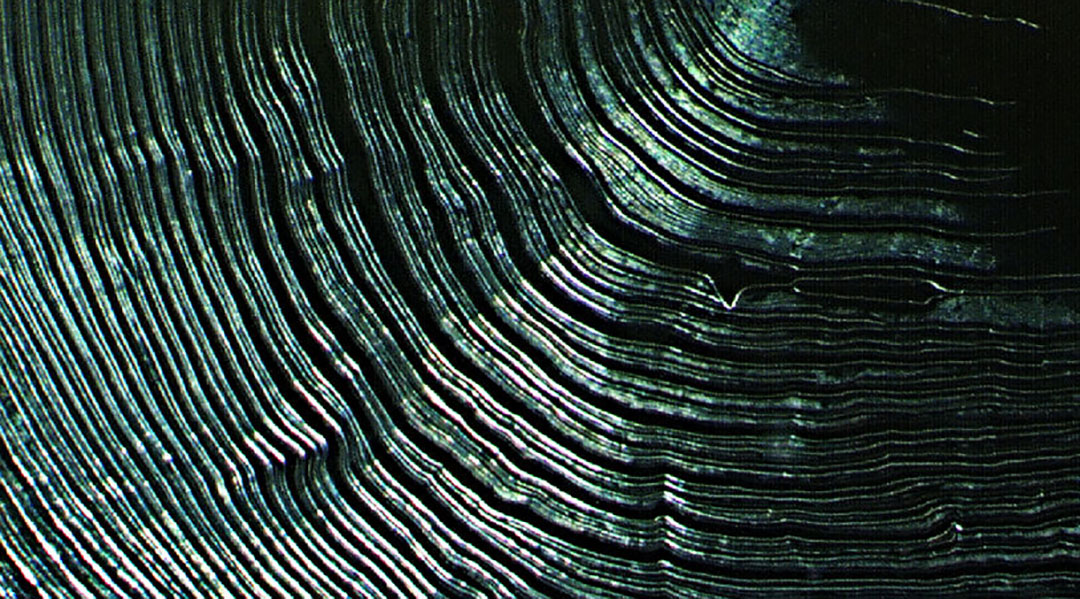

Researchers create new “superglue” with two simple ingredients: plant-based cellulose nanocrystals and water.
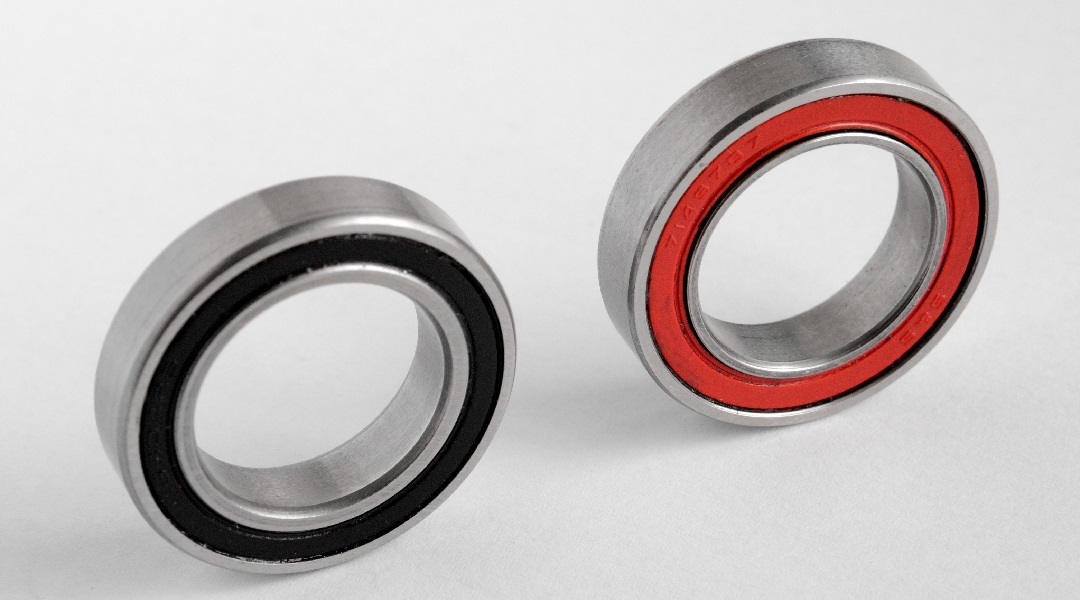
Researchers design a porous 3D graphene lubricant composite for harsh conditions and high loads.
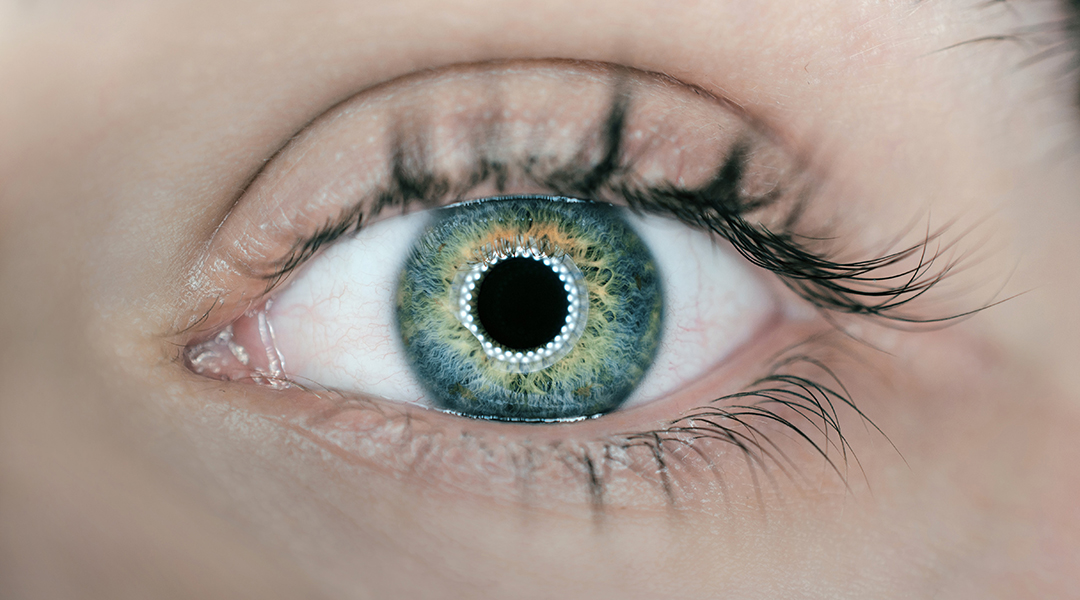
Smart contact lenses could revolutionize the way in which we monitor brain activity and diagnose neurological diseases.
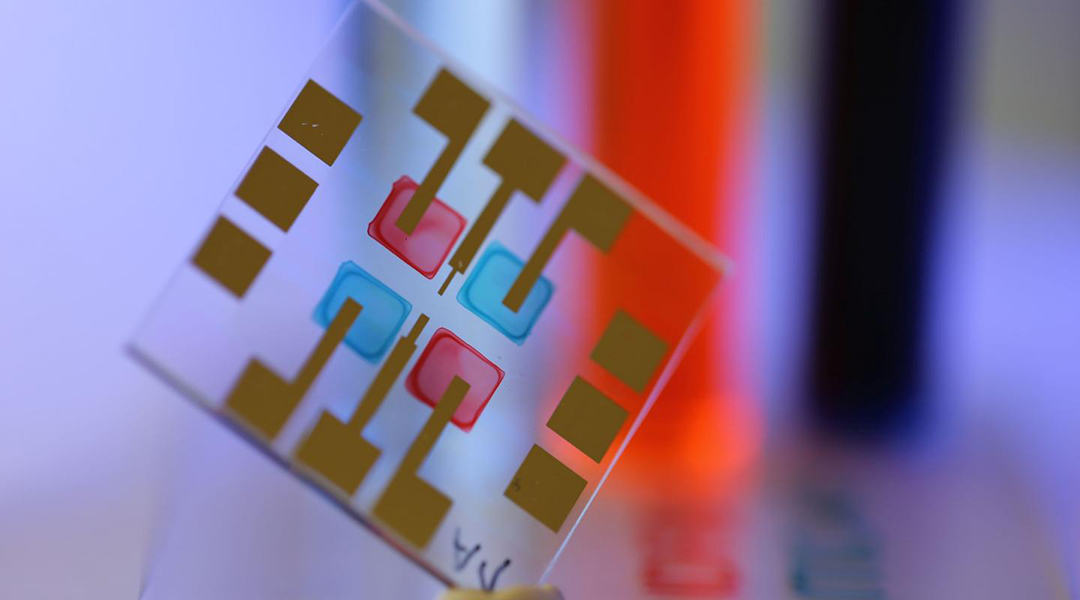
Color-selective organic light sensors are produced by inkjet printing with semiconducting inks.
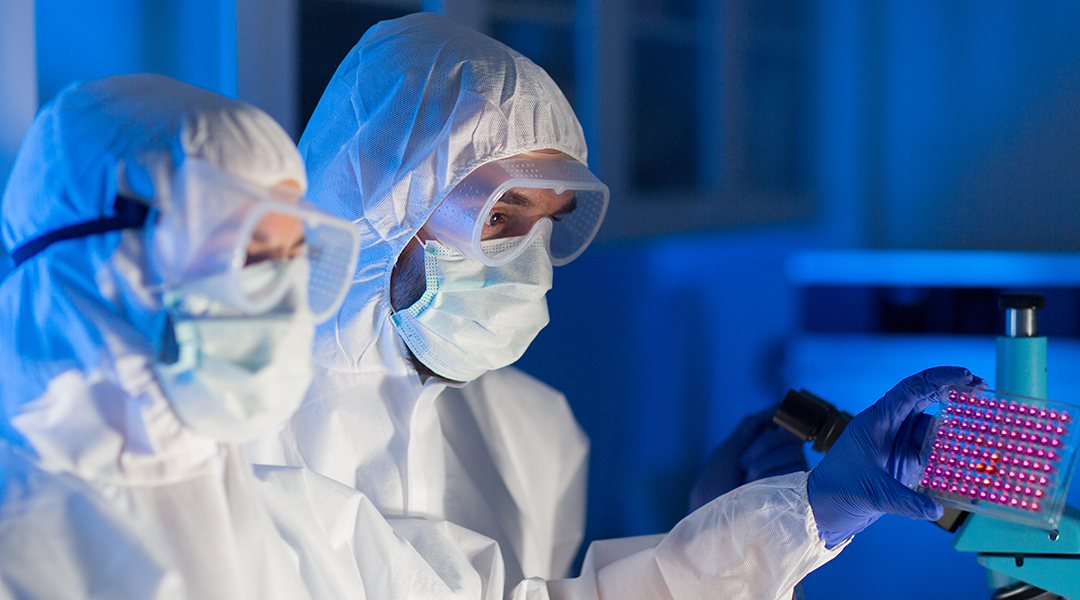
A new nanoreactor integrates multiple catalysts to carry out multiple reactions in the same pot, streamlining the production of fine chemicals—including urgently needed medicines.

Inspired by the water collecting abilities of the cactus, researchers create a biomimetic water collection system through 3D printing.

Researchers at UC San Diego bring lithium metal batteries one step closer to commercialization with their new ultrasound device.
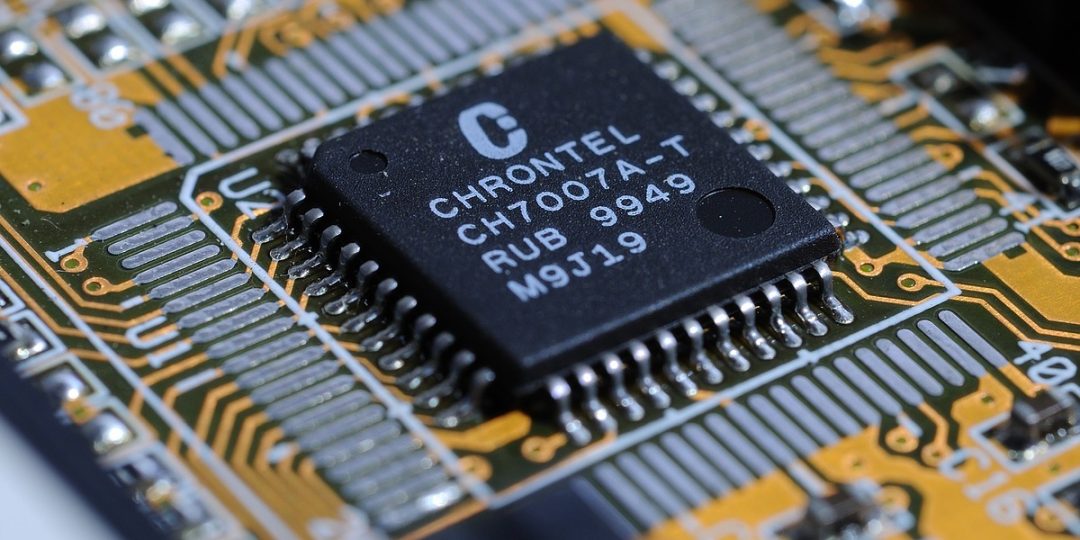
Exploring advances in building 2D and 3D structures through lithography and additive manufacturing.

How do we reproduce the memory and processing capabilities of the human brain?
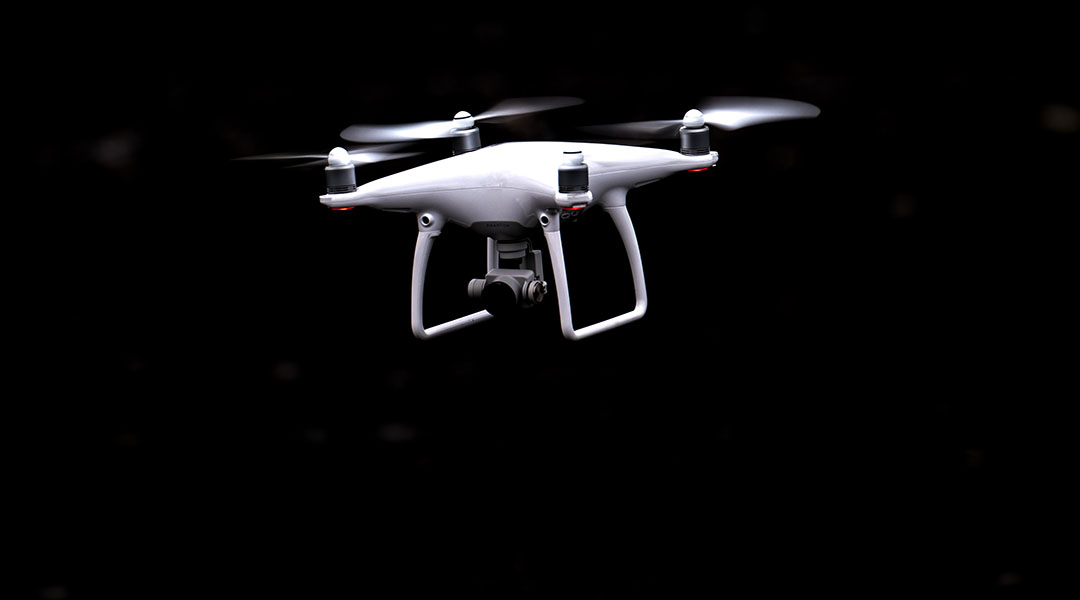
UCF researchers develop a device that mimics brain cells used for human vision. The invention may help to one day make robots that can think like humans.